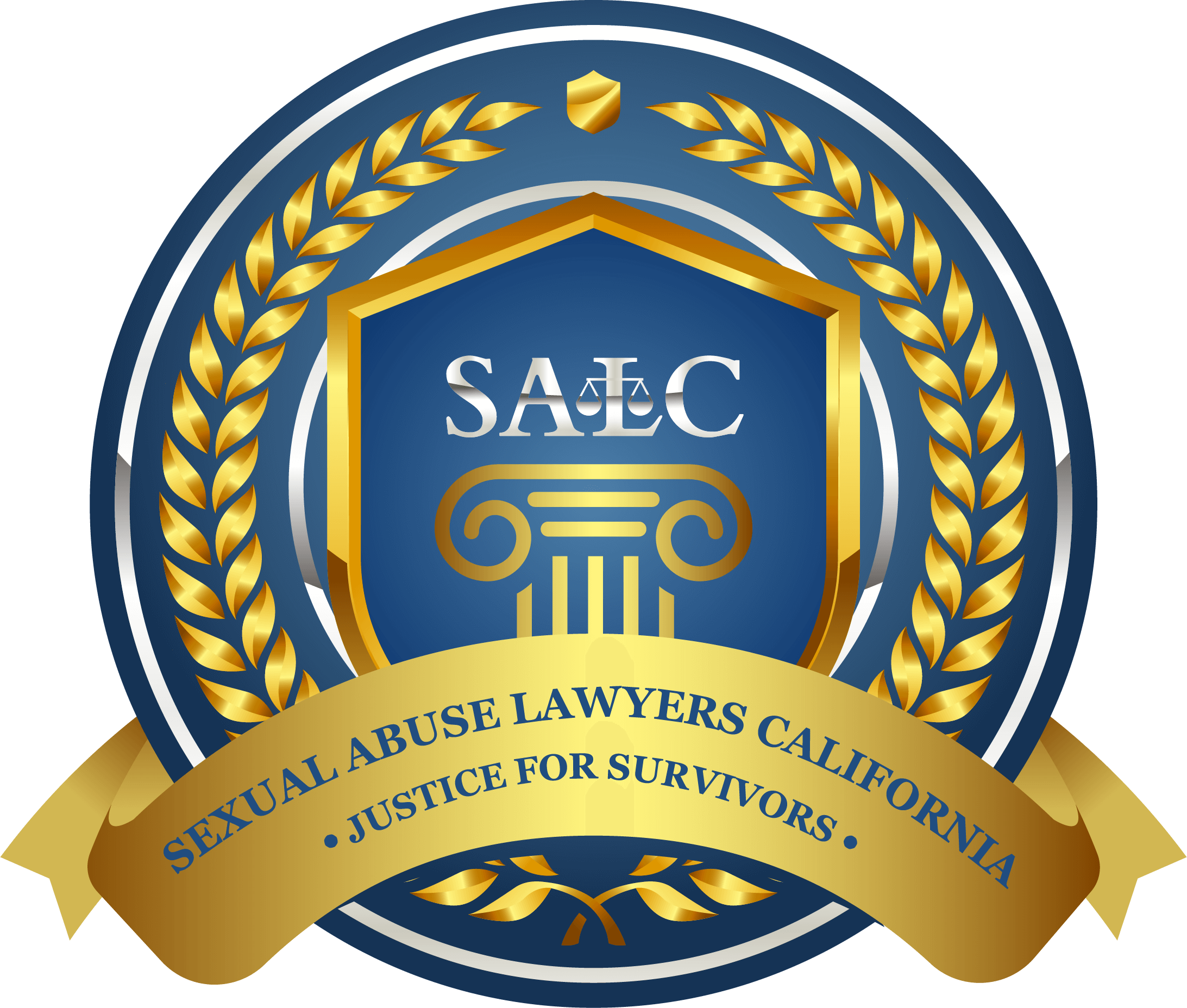In the healthcare setting, incidents of doctor sexual abuse can manifest in various forms of sexual harassment, which are generally classified as either Quid Pro Quo or Hostile Work Environment. Quid Pro Quo harassment often involves someone in a position of authority, such as a doctor, demanding sexual favors in return for professional benefits or advancements. Conversely, Hostile Work Environment harassment describes conditions where unwelcome sexual conduct contributes to an atmosphere that is intimidating, hostile, or otherwise offensive to employees.
Examples of sexual harassment in healthcare can range from inappropriate comments, unwarranted sexual advances, non-consensual touching, or even assault under the pretext of medical treatment. Survivors may experience severe psychological and emotional trauma, often compounded by the inherent trust placed in healthcare professionals.
Victims in healthcare face unique challenges. The imbalance of power, the sensitive nature of medical care, and fear of retaliation or impact on their health treatment often silence victims.
California Laws Regarding Sexual Harassment in Healthcare
In California, a robust framework is established to combat sexual harassment and assault within its healthcare sector, ensuring the protection of both patients and staff from sexual abuse in California hospitals. The state’s approach is underpinned by stringent regulations, particularly the Fair Employment and Housing Act (FEHA), which is rigorously enforced by the California Department of Fair Employment and Housing (DFEH). This act comprehensively prohibits any form of sexual misconduct in the workplace, including healthcare settings.
Moreover, these state-level protections are complemented by federal laws, most notably Title VII of the Civil Rights Act of 1964. This act extends its protective measures nationwide, offering an additional layer of security against sexual harassment in all employment sectors, including healthcare.
In the event of an incident of sexual harassment or assault, it is imperative for the victim or witness to take immediate action. The first step involves filing a complaint with the DFEH, which must be done within a year of the incident. This timely reporting is crucial as it is a mandatory prerequisite for initiating any subsequent civil lawsuit.
The DFEH, upon receiving a complaint, undertakes a thorough investigation into the matter. Their process is designed to ensure that all parties involved are given a fair hearing, and if the allegations are substantiated, the department can take various actions. These actions may include imposing penalties on the perpetrator and the institution, mandating training and policy changes, or other measures to prevent future incidents.
Additionally, California’s legal framework encourages healthcare institutions to implement proactive measures. These include regular training for all employees on recognizing and preventing sexual harassment, establishing clear reporting and response procedures, and fostering a workplace culture that prioritizes respect and safety for everyone.
This comprehensive and multi-layered approach reflects California’s commitment to maintaining a safe and respectful environment in its healthcare institutions, thereby ensuring that both patients and staff are protected from sexual harassment and abuse.

The Process of Filing a Lawsuit in California
Initiating a lawsuit in California, especially in cases of sexual harassment or discrimination, involves a series of carefully structured steps to ensure the proper administration of justice. The process begins with the aggrieved party lodging a formal complaint with the Department of Fair Employment and Housing (DFEH). This is a critical step as it sets the legal proceedings in motion.
Once the complaint is filed, the DFEH conducts an initial evaluation and investigation of the claims. If the department finds sufficient grounds for the complaint, it issues a Right-to-Sue notice, which is an essential document for moving forward. Receiving this notice signifies the DFEH’s acknowledgment of the validity of the complaint and grants the complainant the permission to pursue legal action in a court of law.
At this juncture, the importance of gathering and organizing evidence becomes paramount. This evidence can include a wide array of documentation such as email correspondence, employment records, eyewitness accounts, and any form of communication that might support the claim. The presence of tangible, verifiable evidence strengthens the case significantly.
Another vital aspect of this process is engaging a skilled sexual harassment attorney. An experienced attorney not only provides expert legal representation but also offers guidance through the complex maze of legal procedures and protocols. They ensure that the complainant’s rights are protected at every stage of the lawsuit, from filing the initial complaint to presenting the case in court.
Moreover, an attorney can assist in negotiating settlements or preparing for a trial if the case proceeds to court. This includes developing a legal strategy, preparing legal documents, and representing the client in hearings and negotiations. The attorney’s role is crucial in navigating the nuances of California’s legal system and maximizing the chances of a favorable outcome.
Your Rights as a Survivor of Sexual Harassment or Assault
In California, as a survivor of sexual harassment or assault, you are entitled to a number of legal rights designed to protect and empower you. These rights are enshrined in both state and federal laws, ensuring that you are shielded from harassment and discrimination. One of the fundamental rights is the ability to report such incidents without fear of retaliation. This means that if you come forward with a complaint, your employer, whether a healthcare organization or another type of business, is legally prohibited from punishing or discriminating against you for speaking out.
Additionally, California law obligates employers to not only prevent incidents of harassment but also to respond promptly and effectively when they do occur. This includes conducting thorough investigations and taking appropriate actions against those found responsible. Understanding these rights is essential for any survivor. It enables you to stand up against harassment and discrimination and seek justice without fear of further harm or professional consequences.

How a California Sexual Harassment Lawyer Can Help
The assistance of a skilled sexual harassment lawyer is invaluable in navigating these complex situations. An experienced attorney can guide you through the intricacies of the legal system, ensuring that your case is presented as strongly as possible. They will help you gather evidence, prepare your testimony, and represent you in all legal proceedings.
Moreover, legal representation significantly increases the likelihood of achieving a favorable outcome, whether it be through a settlement or a court verdict. An attorney can also aid in securing maximum compensation for the suffering you have endured and any losses you may have incurred as a result. This compensation can cover a range of damages, from emotional distress to lost wages and medical expenses related to the incident.
At our law firm, we specialize in supporting survivors of sexual harassment and assault. Our approach is grounded in empathy and respect, recognizing the sensitive nature of these cases. We are dedicated to providing comprehensive legal support, ensuring that your voice is heard and your rights are upheld. Our goal is to achieve justice for you, helping you move forward from this challenging experience with the support and compensation you rightfully deserve.










